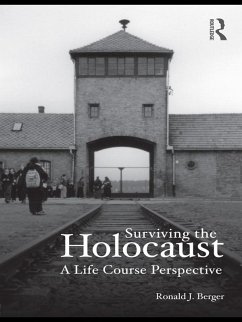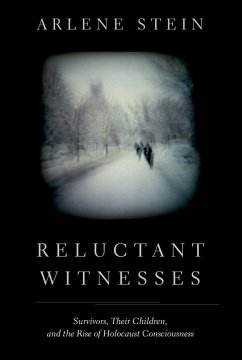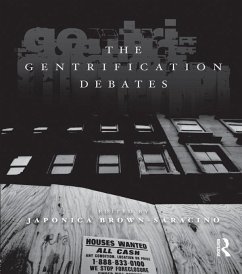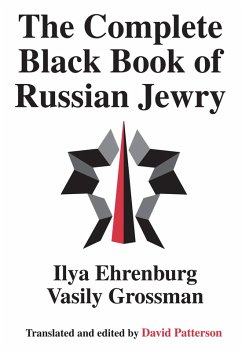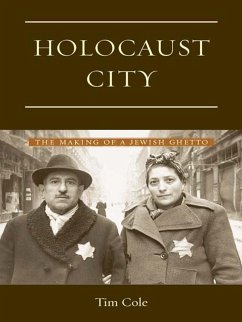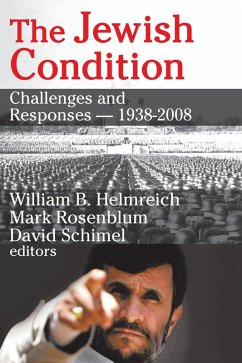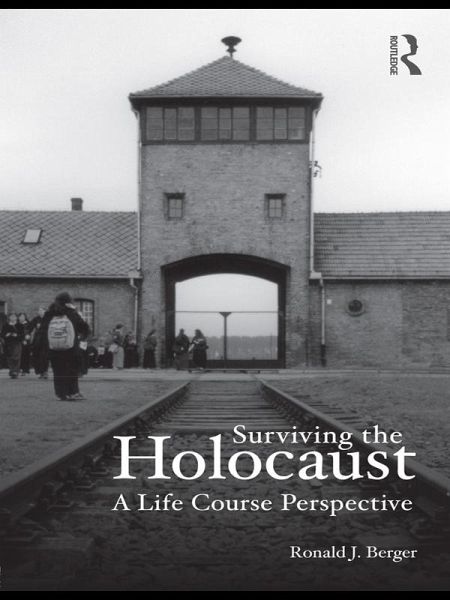
Surviving the Holocaust (eBook, PDF)
A Life Course Perspective
Versandkostenfrei!
Sofort per Download lieferbar
45,95 €
inkl. MwSt.
Weitere Ausgaben:

PAYBACK Punkte
23 °P sammeln!
Surviving the Holocaust is a compelling sociological account of two brothers who survived the Holocaust in Nazi-occupied Poland. One brother, the author's father, endured several concentration camps, including the infamous camp at Auschwitz, as well as a horrific winter death march; while the other brother, the author's uncle, survived outside the camps by passing as a Catholic among anti-Semitic Poles, including a group of anti-Nazi Polish Partisans, eventually becoming an officer in the Soviet army.As an exemplary "theorized life history," Surviving the Holocaust applies concepts from life c...
Surviving the Holocaust is a compelling sociological account of two brothers who survived the Holocaust in Nazi-occupied Poland. One brother, the author's father, endured several concentration camps, including the infamous camp at Auschwitz, as well as a horrific winter death march; while the other brother, the author's uncle, survived outside the camps by passing as a Catholic among anti-Semitic Poles, including a group of anti-Nazi Polish Partisans, eventually becoming an officer in the Soviet army.
As an exemplary "theorized life history," Surviving the Holocaust applies concepts from life course theory to interpret the trajectories of the brothers' lives, enhancing this approach with insights from agency-structure and collective memory theory. Challenging the conventional wisdom that survival was simply a matter of luck, it highlights the prewar experiences, agentive decision-making and risk-taking, and collective networks that helped the brothers elude the death grip of the Nazi regime. Surviving the Holocaust also shows how one family's memory of the Holocaust is commingled with the memories of larger collectivities, including nations-states and their institutions, and how the memories of individual survivors are infused with collective symbolic meaning.
As an exemplary "theorized life history," Surviving the Holocaust applies concepts from life course theory to interpret the trajectories of the brothers' lives, enhancing this approach with insights from agency-structure and collective memory theory. Challenging the conventional wisdom that survival was simply a matter of luck, it highlights the prewar experiences, agentive decision-making and risk-taking, and collective networks that helped the brothers elude the death grip of the Nazi regime. Surviving the Holocaust also shows how one family's memory of the Holocaust is commingled with the memories of larger collectivities, including nations-states and their institutions, and how the memories of individual survivors are infused with collective symbolic meaning.
Dieser Download kann aus rechtlichen Gründen nur mit Rechnungsadresse in A, B, BG, CY, CZ, D, DK, EW, E, FIN, F, GR, HR, H, IRL, I, LT, L, LR, M, NL, PL, P, R, S, SLO, SK ausgeliefert werden.




